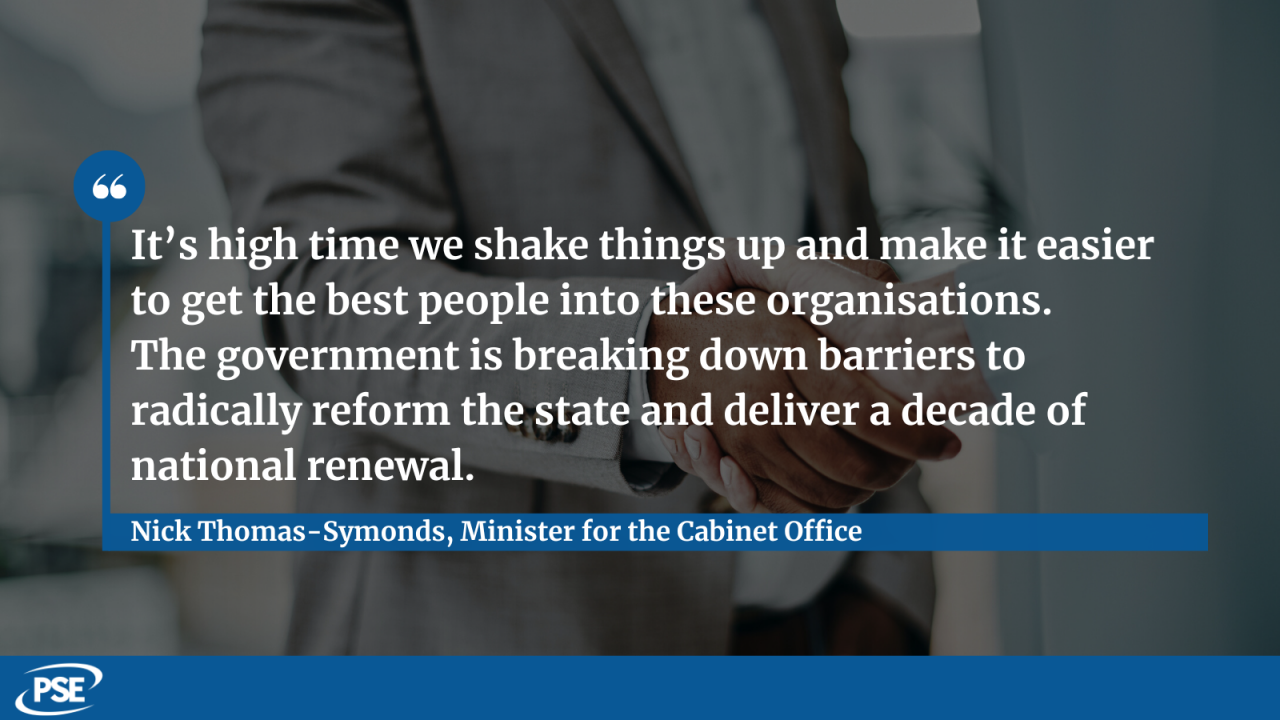In the most significant reform of the UK’s public appointments system in nearly a decade, the government has announced sweeping changes to streamline recruitment and attract high-calibre candidates to key public sector boards.
The changes, announced today, aim to reduce delays, increase transparency, and modernise the recruitment process for board members of major public institutions such as Ofcom, National Highways, the Civil Aviation Authority, and the British Museum.
In 2023–24, only 13% of public appointment campaigns were completed within three months. The new system will allow ministers to delegate more of the recruitment process to officials, reducing bottlenecks and ensuring that critical roles are filled more quickly.
Ministers will still approve the role specification and make the final appointment decision, but will no longer need to be consulted at every stage – cutting red tape and helping to retain top-tier candidates who might otherwise be lost to the private sector.
The reforms also include:
- Extended candidate reserve lists: From 12 months to two years, allowing departments to quickly fill similar roles without launching new campaigns.
- New transparency measures: Public appointments made by or involving the Prime Minister will now be clearly marked on GOV.UK and the public appointments website.
- A new principle of ‘Public Service’: Emphasising the importance of attracting exceptional individuals from across the UK to serve the public good.
The revised Governance Code on Public Appointments – which hasn’t been substantively updated since 2016 – now requires the Cabinet Office to publish departmental performance data on recruitment timelines, increasing accountability across government.
Minister for the Cabinet Office, Nick Thomas-Symonds, said:
“Our public bodies work hard to serve the public every day.
“It’s high time we shake things up and make it easier to get the best people into these organisations.
“The government is breaking down barriers to radically reform the state and deliver a decade of national renewal."

There are currently over 4,000 public appointees serving on boards including the BBC, Environment Agency, Arts Council, Care Quality Commission, and College of Policing. The system is regulated by Sir William Shawcross CVO, the Commissioner for Public Appointments.
These reforms are designed to ensure that the UK’s public institutions are led by diverse, skilled, and experienced individuals, capable of delivering for the public in a fast-changing world.
Image credit: iStock



















